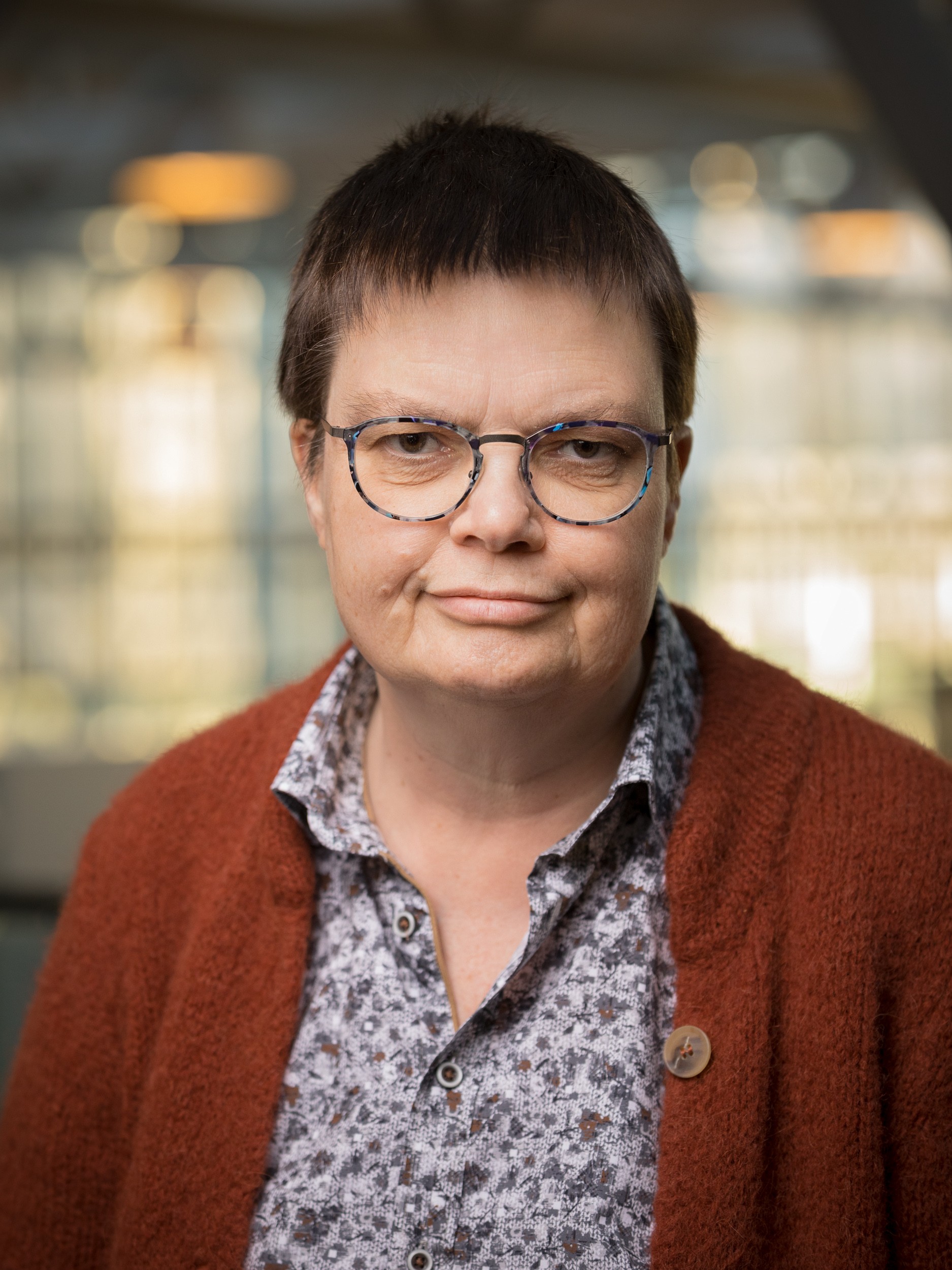Report on the 8th H-ECCO IBD Masterclass at ECCO’23
Ann Driessen, H-ECCO Chair
|
|
After two years of virtual meetings, the main goal of the 18th ECCO Congress, held in Copenhagen (March 1–4, 2023), was “Let’s get physical”. During this conference we enjoyed the face-to-face interaction, which provided a positive boost to the 8th H-ECCO Masterclass. The aim of our meeting was not only to discuss the histopathological aspects of Inflammatory Bowel Disease but also to demonstrate the interaction between the different specialisms, which reflects the multidisciplinary collaboration in our daily practice.
The Masterclass comprised four sessions covering the following main topics: (1) Basics of IBD, (2) Beyond the basics, (3) Interactive case-based session and (4) Future of IBD.
The first session on Thursday afternoon was chaired by Gert De Hertogh, pathologist and H-ECCO Chair (Leuven, Belgium), and Bram Verstockt, gastroenterologist (Leuven, Belgium). The multidisciplinary approach in IBD was the guiding principle across the various topics considered in this session. The first topic was the role of endoscopy in IBD, presented from the points of view of the gastroenterologist (Bram Verstockt) and the pathologist (Pamela Baldin, Brussels, Belgium). Jaap Stoker (Amsterdam, the Netherlands) and André D’Hoore discussed the importance of radiology and surgery, respectively. The session ended with a lecture by Aart Mookhoek (Bern, Switzerland) and Pamela Baldin (Brussels, Belgium), who respectively discussed the histopathological aspects of resection specimens in patients with Ulcerative Colitis and Crohn's Disease.
The second session of the afternoon, chaired by Pamela Baldin and Nicolette Moes (paediatrician, Antwerp, Belgium), continued with the same momentum to debate the clinical and histopathological aspects of various topics. During the first two lectures, liver disease in IBD was discussed by both a hepatologist, Sven Francque (Antwerp, Belgium), and a pathologist, Francesca Rosini (Bologna, Italy). This is in line with everyday practice, where adequate assessment of a liver biopsy is dependent on the interaction between clinician and pathologist. Another example of this interaction was nicely illustrated by the tandem talk by the paediatrician Nicolette Moes and the pathologist Ann Driessen, on paediatric IBD. Starting from a case presentation, the differences in clinical features, histopathology and also pathogenesis between very early onset IBD and IBD in older children were addressed.
Due to the persistent and severe inflammation, patients with long-term IBD are at risk of developing non-neoplastic and neoplastic complications. While non-neoplastic complications, such as fistula and stenosis, were the subject of the presentation by Gert De Hertogh, a neoplastic complication, namely small bowel cancer, was presented by Ann Driessen. Generally this is an uncommon tumour, but the incidence is significantly higher in Crohn's patients and Ulcerative Colitis patients with primary sclerosing cholangitis. The molecular pathway of this cancer is comparable to that of colitis-associated cancer, apart from some small differences.
The Friday morning session was an interactive case-based session which formed the basis for an expert review of various topics, namely Infections (Francesca Rosini), Mimics of IBD (Gert de Hertogh), Upper GI IBD (Aart Mookhoek), Dysplasia (Ann Driessen) and finally Neoplastic Complications (Pamela Baldin). The dynamic interaction between audience and speakers showed that the discussed cases reflected well the problems encountered during daily practice. The numerous questions asked during this session led to a very lively discussion.
The last session of the 8th H-ECCO Masterclass, which focused on “The future of IBD”, was chaired by the new President-Elect of ECCO, Fernando Magro (Porto, Portugal), and Francesca Rosini. The first presentation, from Gert de Hertogh, addressed the “Hot topics in IBD”, with discussion of, for example, the problem of undetectable, mainly non-conventional dysplasia in endoscopies that is discovered only at subsequent colectomies. The main subject of this session was histological scoring in Crohn’s Disease (Gert De Hertogh) and Ulcerative Colitis (Aart Mookhoek), and the practical use of these scoring systems. Although histological scoring is not routine practice, several studies have shown that assessment of histological activity is important because of its association with a higher risk of disease relapse. Next, Ann Driessen gave a presentation on “Ancillary techniques in IBD pathology”, pointing towards the exclusion of concomitant infections, such as tuberculosis and cytomegalovirus, and the role of p53 in the diagnosis of dysplasia in an IBD patient. The future of IBD was nicely demonstrated by the final presentation on “Advancements in Artificial Intelligence (the PICaSSO score)”, by Marietta Iacucci, a gastroenterologist. She demonstrated the role and importance of an AI model based on the Paddington International Virtual Chromoendoscopy Score (PICaSSO), the first electronic virtual chromoendoscopic-based assessment tool for systematic evaluation of histological activity in IBD.
Supporting the final words of our H-ECCO Chair, Gert De Hertogh, I sincerely wish to thank my specialist colleagues and my fellow pathologists on the H-ECCO Committee for their excellent talks, and would also like to thank the latter for the excellent collaboration in organising this successful masterclass. However, our masterclass could not have been so successful without the continuous support of the H-ECCO Project Team, for which they are gratefully thanked.
Finally, I would like to thank the audience, consisting of different specialists, at our H-ECCO Masterclass for their questions and suggestions and their support. This resulted in an enjoyable and lively interaction, reflecting the motto of this Congress, “Let’s get physical”.
Pictures are subject to copyright © ECCO
 Ann Driessen
Ann Driessen



